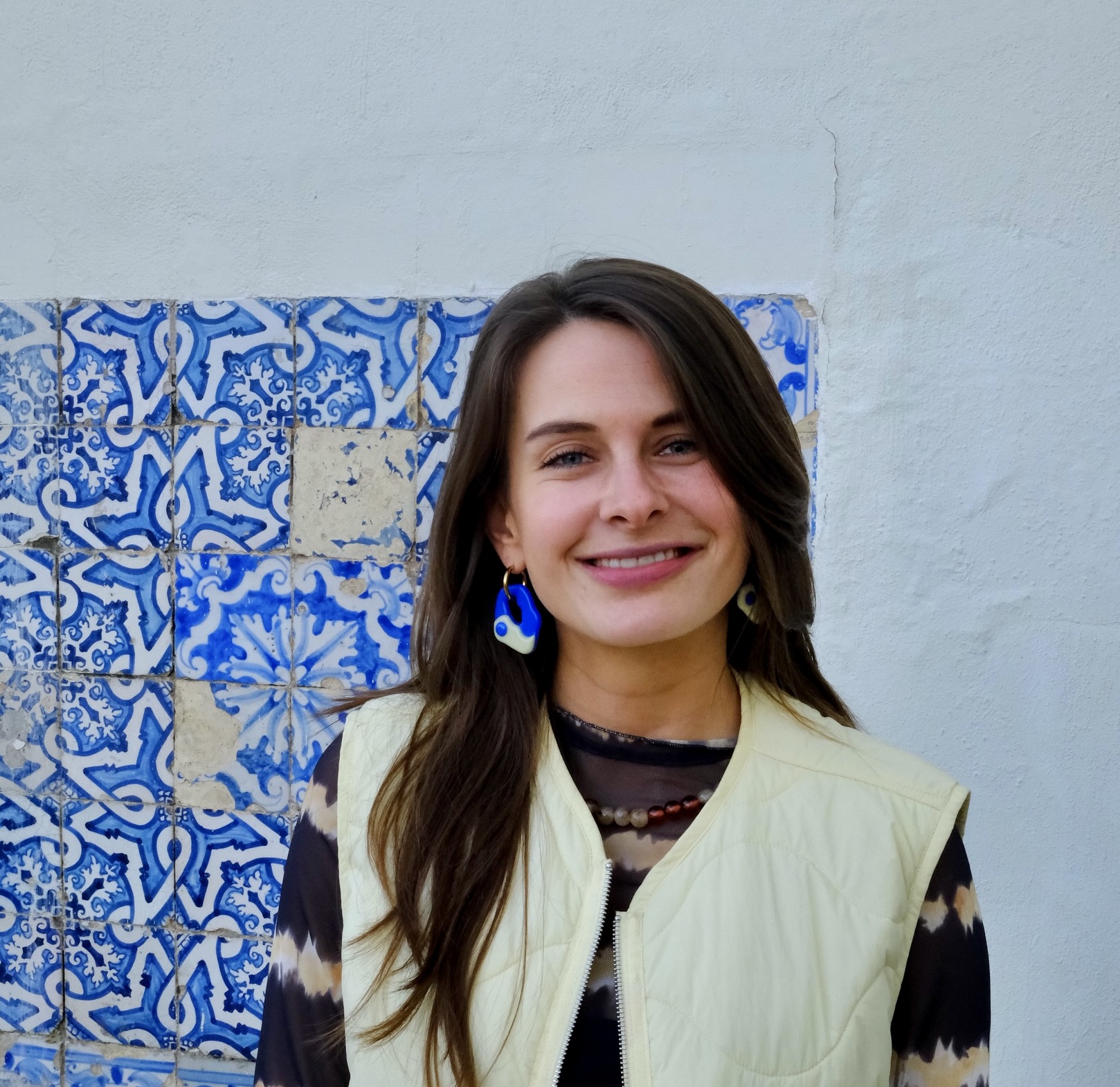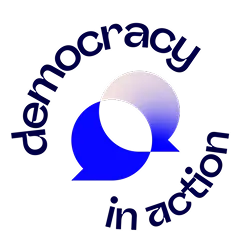Meet Our Lead Researchers
.png)

Meet Our Lead Researchers
.png)

Applying for a European research grant is no small task. The competition is fierce, the requirements are strict, and the process takes months of preparation. Yet, when Sara Brandellero and Kamila Krakowska Rodrigues, researchers at Leiden University, came across the Horizon call, they knew they had to write. Brandellero has a background in cultural and literary studies, specializing in Brazil and the role of artistic expression in political contexts. Krakowska Rodrigues focusses on Portuguese-speaking African countries, examining cultural identity and migration in African countries and Europe.
Brandellero: Writing proposals requires a lot of time investment, and we knew it would be a challenge but it was one of the rare calls focused on culture and, when we read it, we immediately saw how much it aligned with our research on nightlife, grassroots organizations, public spaces, and activism.
Krakowska Rodrigues: What’s also interesting, is that this project has a strong policy orientation, which is an inspiring angle for us. I think we managed to integrate into our research focus really well.
The connection between culture, the arts, and democracy is not necessarily one we speak about often. Why are these things inherently linked?
KR: Different art forms have been seen as dangerous by authoritarian regimes because they inspire people and offer alternative narratives on what a society could look like. When I conducted research in Africa, and even thinking about Poland where I grew up, it was clear that culture has always been a powerful force in resisting authoritarianism and strengthening democracy.
B: the arts allow for imagination and self-expression, while enabling artists to take audiences into the lives of others. It’s a way of bringing people closer to different life experiences that might feel alien, experiences they don’t encounter in their daily lives. In this way, art acts as a bridge to different worlds and perspectives, something other forms of human expression don’t always achieve as effectively. There is also a playfulness in the arts that makes people more receptive. When something isn’t presented in a dry or overtly political manner, it can engage people on a deeper level.
You have chosen to research four main thematic areas, why these four?
KR: Yes, we choose to delve deeper into women’s rights movements, nightivism, youth movements and ethnic minorities - particularly people of African descent living in Europe. We choose to focus on these themes, because they all refer to a part of society that is generally overlooked by formal political arenas. We’re specifically looking at grassroots movements that promote democratic values and inclusivity. For instance, how grassroots initiatives create a sense of belonging and give people a voice, even at a local neighborhood level. The idea is to identify mechanisms that can be replicated across Europe and beyond.

A horizon project
About Democracy in Action
Democracy in Action (DiA) is a Horizon Europe-funded initiative exploring how grassroots movements, cultural spaces, and digital innovations can strengthen democratic participation. With a special focus on youth, women, ethnic minorities and night culture, we bring together researchers, grassroots movements, and policymakers to create bold new ways for citizens to shape democracy - online, in cultural spaces, and on the streets.
The project is EU-focused, though it includes some non-EU stakeholders. What makes the European angle particularly interesting to you?
KR: There is still a dominant idea of what Europe is - or believed it should be - that doesn’t necessarily reflect the lived experiences of many people living here. When we consider broader movements of mobility, migration and global challenges, it becomes clear that we may need to rethink and reimagine what it means to be European.
B: To do this, we look at Europe from a global perspective. To give you an example, one of our case studies involves collaboration with partners from Brazil, Observatória de Favelas and UniPeriferia, working in one of Rio de Janeiro’s favelas. We will be working with grassroots organizations on a documentary about the Maré favela, exploring how nighttime culture contributes to community well-being and democratic values, particularly for vulnerable groups such as youth and women. It’s a continuous dialogue, understanding how they build community and foster engagement, and seeing what lessons can be applied elsewhere.
You also study the digital world, including the metaverse. Why did you choose to include this?
KR: We see that the metaverse is an emerging space that needs attention. Virtual spaces are becoming increasingly popular, especially among young people, and we need to understand their potential for promoting democracy. We are fortunate to have Matthias Quent on board, given his specialization in democracy and how this manifests itself in the metaverse.
This is one of your first projects with a strong policy focus. Looking ahead three years, what would make this project a success?
B: For us it is very important how well we work together in the consortium. We already feel it is already a success because our team is highly collaborative, we experienced that during the kick-off in Lisbon. We complement each other’s expertise and have built strong connections already in the few months we have started working on the project.
KR: It is also very important to us how effectively we work together with the stakeholder organizations. Because their voices are often overlooked, it is crucial for us that they see their voices reflected in our findings. And of course, we hope our findings contribute to future policy decisions in the EU.
.png)
.png)
.png)

.webp)

